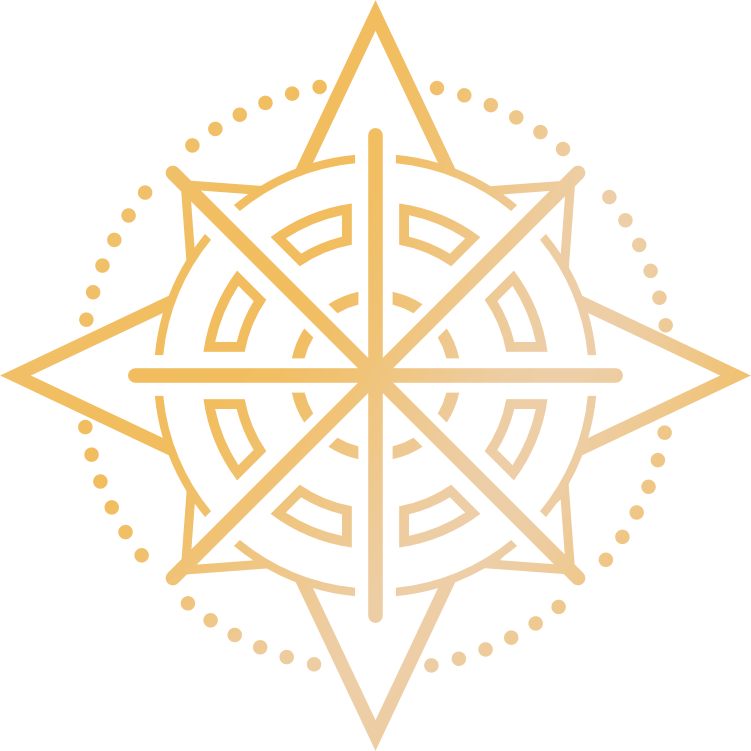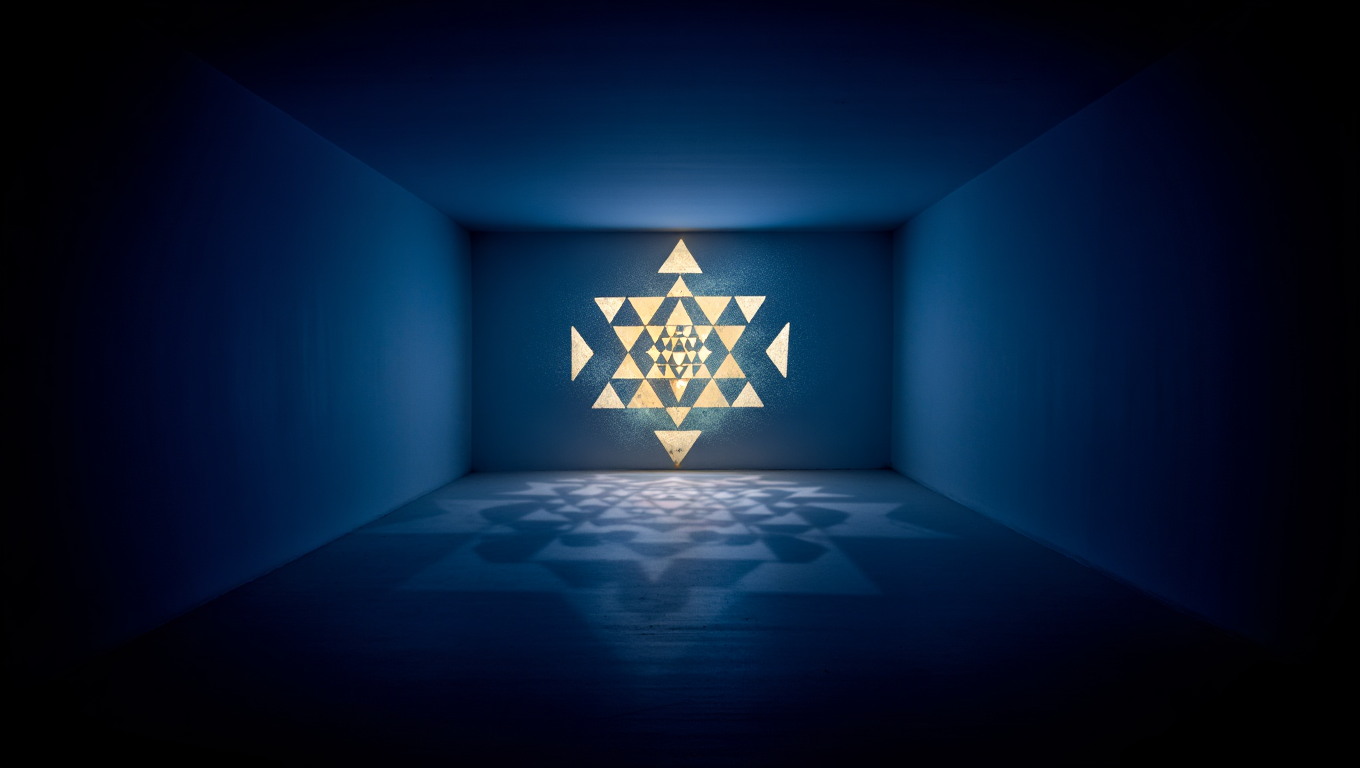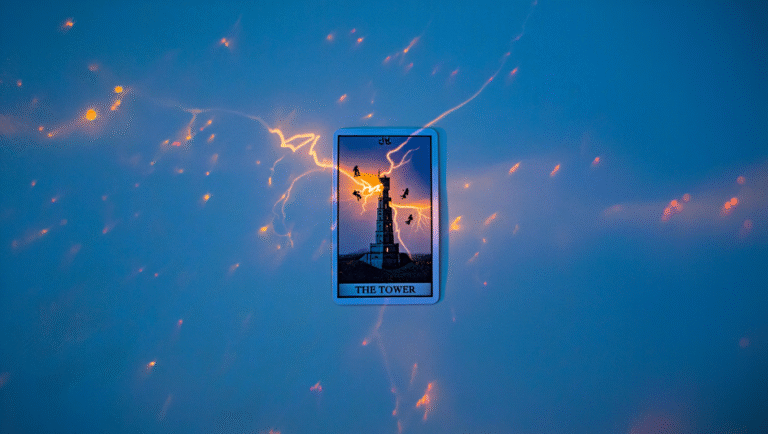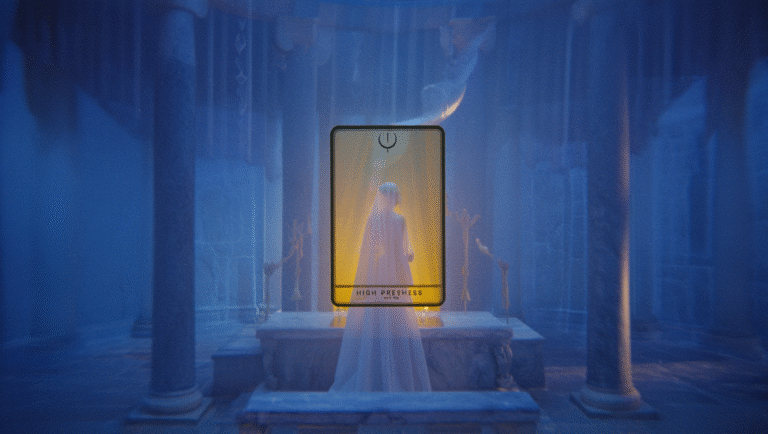Lesson 2: Major Arcana Overview
The Major Arcana is often the first thing that stands out when you open a tarot deck. Those 22 cards with bold names—The Fool, The Lovers, Death, The World—can look intimidating, but they’re the heart of tarot. If you’re just starting out, understanding the Major Arcana is like having a roadmap for life’s biggest moments and lessons. The good news? You don’t need to memorize every card before you get value from them. In this guide, you’ll get a no-nonsense introduction to what the Major Arcana represents, how each card speaks to real-life scenarios, and how to start using them in your own readings in just 15 minutes.
What Is the Major Arcana?
In most standard tarot decks, there are 78 cards, split into the Major Arcana (22 cards) and Minor Arcana (56 cards). The Major Arcana cards represent the “big picture” – major life themes, turning points, and personal growth. They’re often seen as archetypes—universal symbols that show up in stories, movies, and, of course, human experience.
“Reading the Major Arcana is less about fortune-telling and more about self-awareness. They’re mirrors, not crystal balls.”
You don’t need to be psychic to read them. In fact, you’ll get more out of the Major Arcana if you treat them as prompts for reflection, not predictions.
Real-World Example: The Fool’s Journey
Let’s get practical. Imagine you’re thinking about changing careers. You pull The Fool card. Instead of predicting a job offer, The Fool nudges you to consider: Are you ready for a new adventure? What’s holding you back? The Major Arcana is full of these “life checkpoints.”
The Major Arcana: Key Symbols & Meanings
Here’s a quick breakdown of the Major Arcana and what each card typically represents. Don’t worry about memorizing—use this as a reference or keep it handy during readings.
| Name | Symbolism / Life Lesson | Keywords |
|---|---|---|
| The Fool | New beginnings, trust, adventure | Innocence, leap of faith |
| The Magician | Manifestation, potential, skill | Resourcefulness, action |
| The High Priestess | Intuition, mystery, the unconscious | Inner voice, secrets |
| The Empress | Creativity, abundance, nurturing | Mothering, growth |
| The Emperor | Structure, authority, stability | Leadership, control |
| The Hierophant | Tradition, learning, spiritual guidance | Conformity, wisdom |
| The Lovers | Choices, relationships, values | Love, union |
| The Chariot | Willpower, victory, determination | Control, travel |
| Strength | Courage, resilience, patience | Inner strength, compassion |
| The Hermit | Solitude, reflection, guidance | Introspection, search |
| Wheel of Fortune | Cycles, fate, change | Karma, luck |
| Justice | Fairness, truth, consequences | Balance, accountability |
| The Hanged Man | Letting go, new perspective, pause | Sacrifice, waiting |
| Death | Transformation, endings, rebirth | Change, renewal |
| Temperance | Moderation, balance, healing | Harmony, patience |
| The Devil | Attachments, shadow, temptation | Restriction, addiction |
| The Tower | Sudden change, upheaval, revelation | Chaos, breakthrough |
| The Star | Hope, inspiration, healing | Faith, renewal |
| The Moon | Illusion, intuition, uncertainty | Dreams, subconscious |
| The Sun | Joy, clarity, vitality | Success, positivity |
| Judgement | Awakening, reckoning, renewal | Self-evaluation, rebirth |
| The World | Completion, achievement, wholeness | Fulfillment, celebration |
How to Start: A 15-Minute Major Arcana Practice
Feeling overwhelmed? Here’s a quick, practical exercise to get hands-on with the Major Arcana (no memorization required):
- Grab your tarot deck. Separate the 22 Major Arcana cards from the rest.
- Shuffle and pull one card. No specific question—just “What does the universe want me to reflect on today?”
- Look up the card in the table above. Note the keywords and symbolism.
-
Journal for 10 minutes. Ask yourself:
- How does this card’s message relate to my current life?
- Is there a decision, habit, or challenge connected to this card?
- Set a mini-action for the day. For example, if you pull Temperance, plan to take a 5-minute break for balance; if you pull The Tower, consider what needs to change (even if it’s just rearranging your desk).
This whole process takes about 15 minutes and is a game-changer for learning the cards in real context.
Choosing a Major Arcana Deck for Beginners
Your experience will vary depending on your deck. Some are traditional (think Rider-Waite-Smith), others are modern, diverse, or even minimalist. If you’re just starting, clarity matters more than aesthetics.
| Deck Name | Key Feature | Size/Material | Price Range | Amazon Link |
|---|---|---|---|---|
| Rider-Waite-Smith | Classic, easy to learn | Standard, cardstock | $15–$25 | See today’s deal |
| Modern Witch Tarot | Inclusive, modern art | Standard, sturdy | $20–$30 | Check price on Amazon |
| The Light Seer’s Tarot | Vivid, intuitive imagery | Standard, matte finish | $18–$25 | See today’s deal |
| Golden Thread Tarot | Minimalist, app included | Plastic, durable | $35–$45 | Check price on Amazon |
Tip: For absolute beginners, the Rider-Waite-Smith deck is still the easiest to learn with because most guides and resources use its imagery. If you want something more modern, check out Modern Witch Tarot for inclusive, vibrant art.
Pros & Cons: Choosing Your First Deck
-
Traditional decks (like Rider-Waite-Smith):
- Pros: Lots of learning material, easy-to-follow symbols.
- Cons: Art may feel dated, less diverse.
-
Modern decks:
- Pros: Fresh art, more inclusive, often easier to relate to.
- Cons: Some stray from classic symbols, which can confuse when cross-referencing guides.
Choose what feels inspiring—you’ll spend a lot of time with these cards!
Quick Reference: Major Arcana Checklist
- 22 cards = major life themes
- Use them as prompts, not predictions
- Great for self-reflection and journaling
- Practice: Pull one Major Arcana card daily for 15 days
- Decks: Start with clear, classic imagery
- Don’t stress about reversals (upside-down cards) at first
Helpful Resources & Tools
- Labyrinthos: Tarot Card Meanings – Free online reference for every card
- Biddy Tarot: Major Arcana Meanings – Beginner-friendly, detailed explanations
- The Light Seer’s Tarot Deck – Modern, easy-to-read imagery
- Rider-Waite Tarot Deck – The classic choice for learners
- Modern Witch Tarot Deck – Great for a fresh, inclusive vibe
- Tarot for Beginners (Book) – Simple, practical, under $15
Wrapping Up: Your First Steps with the Major Arcana
Start small: pull one card, reflect, and notice how the symbolism fits your day-to-day life. The Major Arcana isn’t about mystical secrets—it’s about recognizing life’s patterns and making choices with more awareness. If you get stuck, use the reference table or check out one of the beginner decks above.
Remember: Your intuition is your best guide. The more you interact with the cards, the more they’ll make sense.
“Tarot is less about having all the answers, and more about asking better questions.”
Some links in this post may be affiliate. You pay the same price, and this site may earn a small commission.



